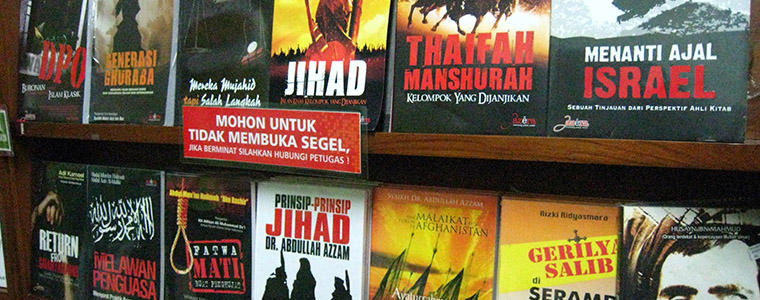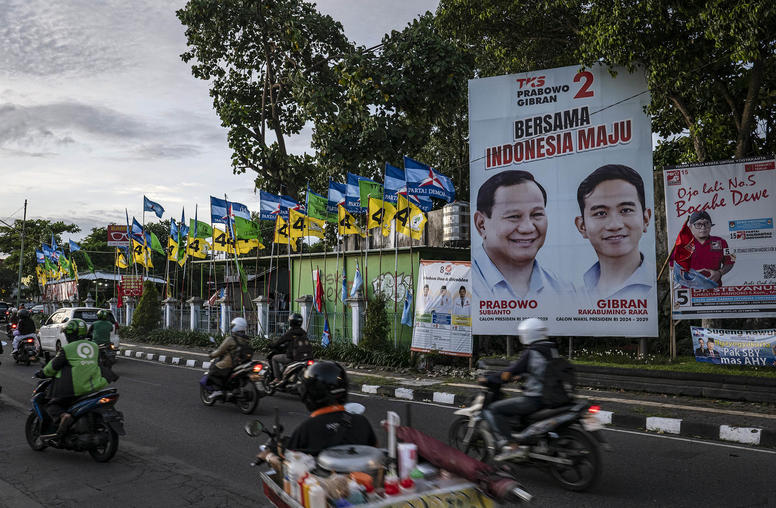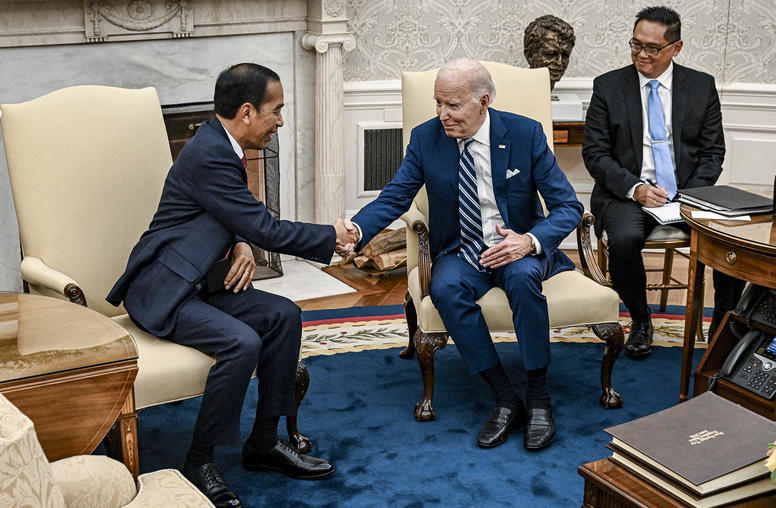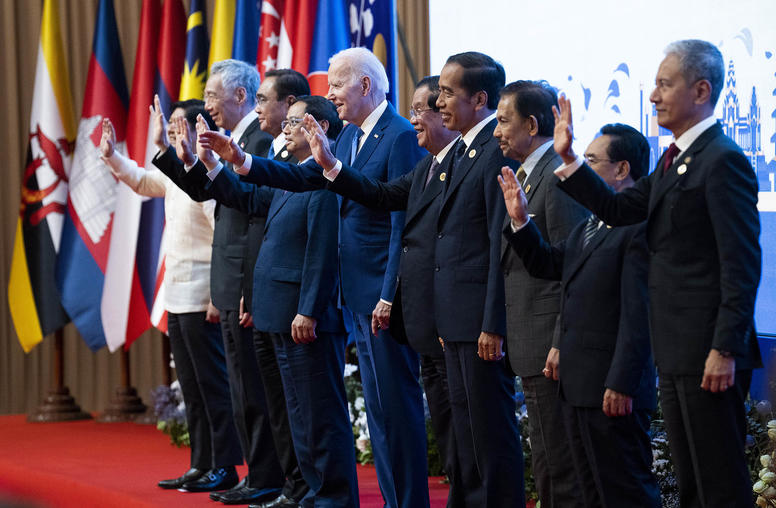Use of Terrorist ‘Dropouts’ to Boost Defections: Dangerous Business
A former Singapore intelligence analyst examines government efforts to support terrorist group defectors in campaigns to de-radicalize others. She cautions that most such “dropouts” have merely adjusted their views rather than rejecting violence outright.

Terrorist “dropouts” from the ranks of militant organizations can be useful in coaxing others to defect, but authorities shouldn’t be fooled that former radicals completely changed their thinking, according to Susan Sim, vice president for Asia at the Soufan Group strategic consultancy.
In an April 25 roundtable at the U.S. Institute of Peace (USIP), Sim outlined the pros and cons of governments supporting purportedly converted terrorists for campaigns to lure other acolytes away from violence. She also presented the findings of research that went into a January 2013 report for the Qatar International Academy for Security Studies (QIASS) entitled “Countering Violent Extremism: Leveraging Terrorist Dropouts to Counter Violent Extremism in Southeast Asia.”
The concept of countering violent extremism has grown out of counterterrorism efforts and generally refers to preventing and reversing radicalization. The means can involve anything from public education campaigns to intelligence and enforcement measures. USIP co-hosted four days of workshops in March for 125 participants from 24 countries as well as the United Nations, the European Union and 22 nongovernmental organizations on community engagement and community policing to counter violent extremism. The event was conducted with the U.S. State Department and the Department of Homeland Security under the auspices of a working group in the Global Counterterrorism Forum.
Singapore, Malaysia, and Indonesia have focused on efforts to counter extremist views of political Islam, particularly since the 2002 Bali bombings, which killed more than 200 people. The attacks were conducted by the then-relatively obscure militant group Jemaah Islamiyah. Indonesia has been particularly active in encouraging former terrorists released from prison who have renounced their former ties to write memoirs and speak publicly about their regrets for their actions.
For her research, Sim interviewed former terrorists as well as officials running rehabilitation programs. In particular, she noted two high-ranking “dropouts” in Indonesia, Nasir Abas and Ali Imron, both former high-level leaders of Jemaah Islamiyah (JI), who were arrested in 2003 and went on to denounce the group’s use of violence. Both wrote memoirs; Imron’s book title is particularly direct: Ali Imron the Bomber.
Sim, a former Singapore intelligence analyst, calls the two in her report “the poster boys of the Indonesian police’s terrorist disengagement program.”
But she found that, while rehabilitated terrorists who held top positions in their former militant organizations can have the authority needed to be persuasive to others in their former ranks, they mostly have only adjusted their views rather than renouncing all forms of violence.
“They reject violence directed at civilians,” Sim said, “but if you listen to them, they do not reject violence per se. They say,’Yes, we regret the Bali bombing.’ But if you dig down, they basically say, `We regret the tactical errors that JI committed.’ ”
These former leaders go so far as to say that they’ve learned from their mistakes and “next time, we’ll be better prepared and only attack from a position of strength,” reported Sim, a former journalist who also has been deputy chief of mission at the Singapore Embassy in Washington, D.C. and a senior intelligence analyst in charge of counterterrorism and counterespionage in Singapore’s Internal Security Department.
Imron even said he’s still a member of Jemaah Islamiyah, a group designated by the U.S. and others as a terrorist organization. “For these guys, the best time of their lives was being in battle,” Sim said.
“They don’t repudiate their membership of JI,” said Sim, who also teaches at the NATO Centre of Excellence in Defense Against Terrorism in Ankara, Turkey. “They still believe that they have a duty to kill Americans, Israelis, Russians – but soldiers, those who are involved in fighting Muslims in conflict zones.”
So the use of such terrorist dropouts creates a range of strategic dilemmas and should be just one part of an overall strategy that still includes public education, intelligence operations, and law enforcement, Sim said.
“The counternarrative part of it can work, but you have to be very careful how you use the dropouts,” Sim said. “As messengers, they may be very cooperative. But they’re not necessarily completely de-radicalized. For them, it’s really about second chances. They just want second chances.”



